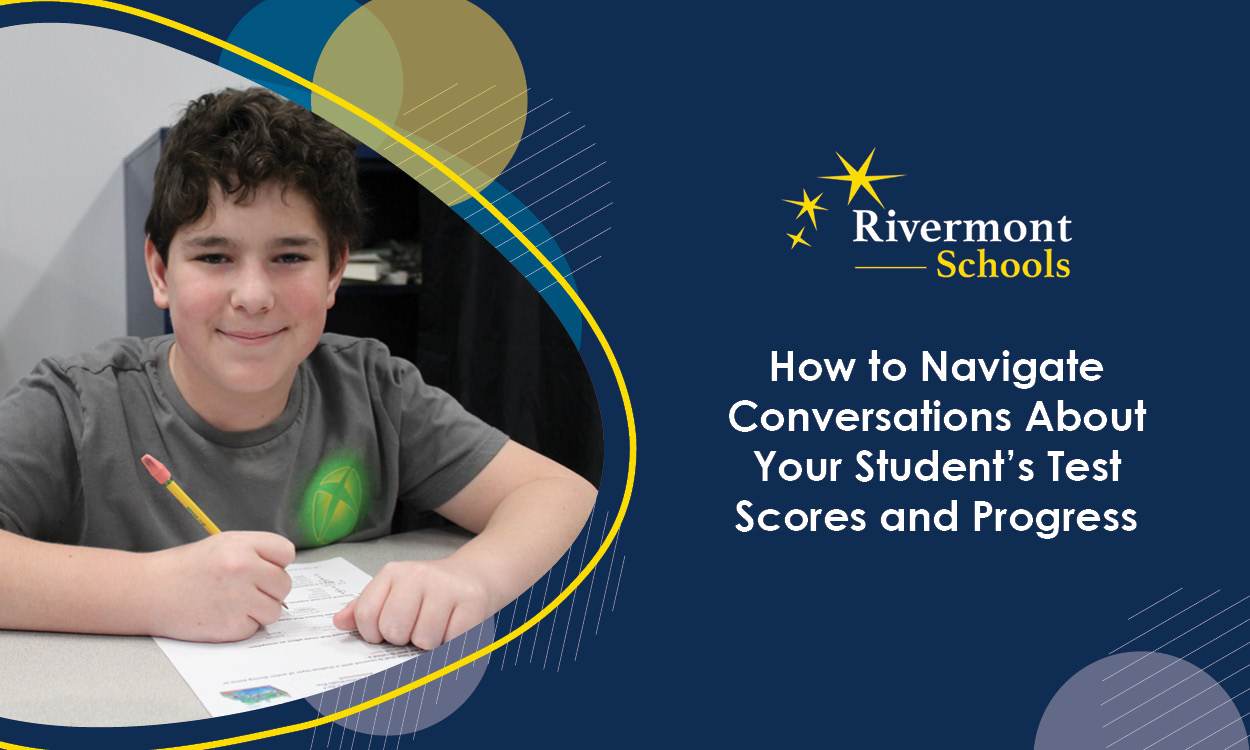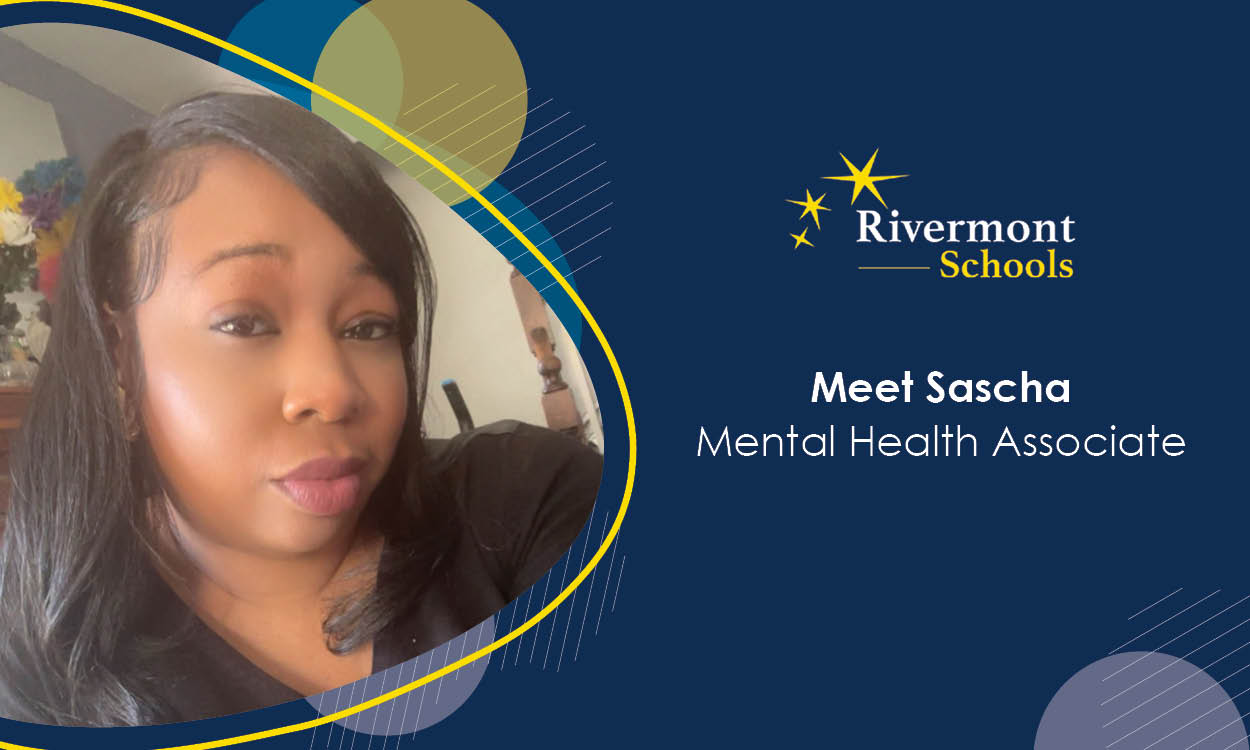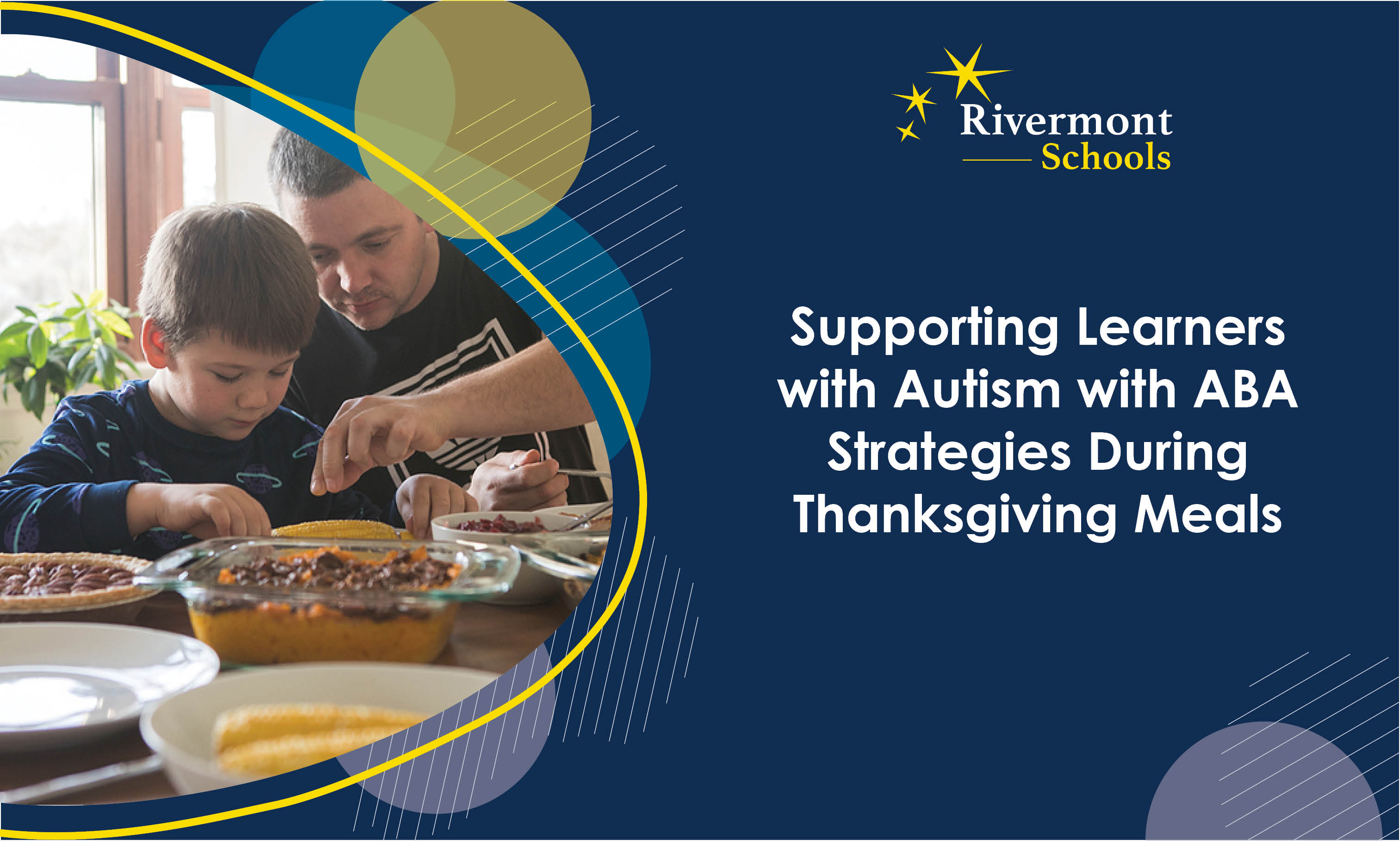How to Navigate Conversations About Your Student's Test Scores and Progress
Posted: May 30, 2025 | Written By: Jaclyn Walker | Category:

At Rivermont Schools, we understand that every student is unique. Some are confident test takers, while others may struggle with test anxiety or processing under pressure. As testing season approaches, many families experience a wave of emotions, especially when it comes to navigating conversations about the Standards of Learning (SOL) scores. For students with mental health challenges or learning challenges, this time of year can be especially stressful. That’s why it’s important for families to know how to navigate these conversations.
As Dr. Jackie Walker shared, “Assessment performance does not always accurately reflect a student’s depth of understanding, as some students excel at test-taking while others may demonstrate their knowledge in different ways.” Progress isn’t always linear, and a test score is only one snapshot of a student’s academic journey.
What Are the SOLs?
The Standards of Learning (SOLs) are Virginia’s academic standards that outline what students should know and be able to do at the end of each grade or course in subjects like English, math, science, and history. These standards are measured through SOL assessments, which begin in grade three and continue through high school. While SOL tests are often viewed as high-stakes exams, they are just one-way schools measure a student’s learning and progress.
It's also important to note that students with disabilities may take SOL tests with accommodations or, depending on their Individualized Education Program (IEP), they may participate in alternate assessments. These decisions are made with their IEP team and are designed to ensure the testing experience is appropriate and supportive.
Tips on How to Talk About Test Scores
- Celebrate Growth Over Grades: Acknowledge improvements over time—even small ones. Use progress reports or classroom data to talk about how far your child has come.
- Stay Calm and Encouraging: Create a safe space at home where effort is praised. Normalize mistakes as part of the learning process.
- Use Supportive Language: Ask open-ended questions like, “What part felt tricky?” or “What strategies helped you?” rather than focusing only on outcomes.
- Understand your IEP Plan: Students with IEPs may be entitled to accommodations like extra time, breaks, or small-group testing. These supports help create an equitable testing experience.
- See the Whole Picture: Test scores are just one part of your child’s story. Their emotional growth, creativity, resilience, and kindness matter just as much.
With the right support and communication, families can make testing season a positive and empowering experience. At Rivermont Schools, we’re here to help every step of the way.









